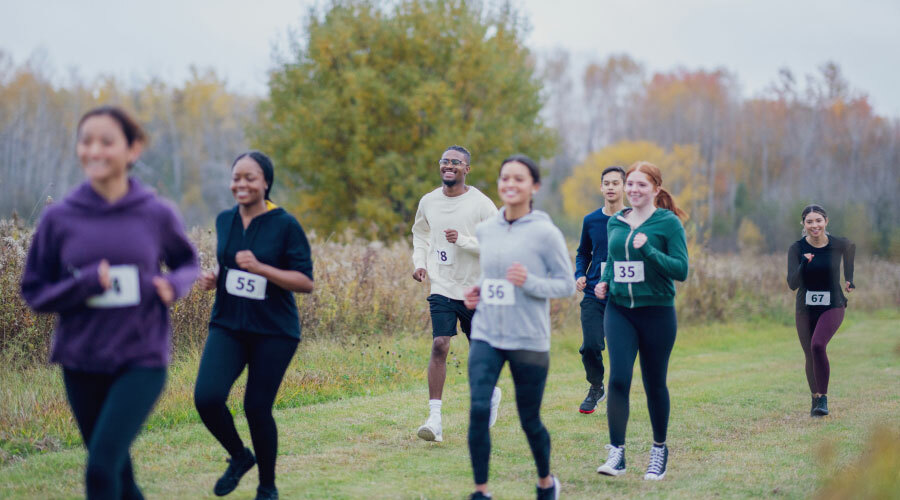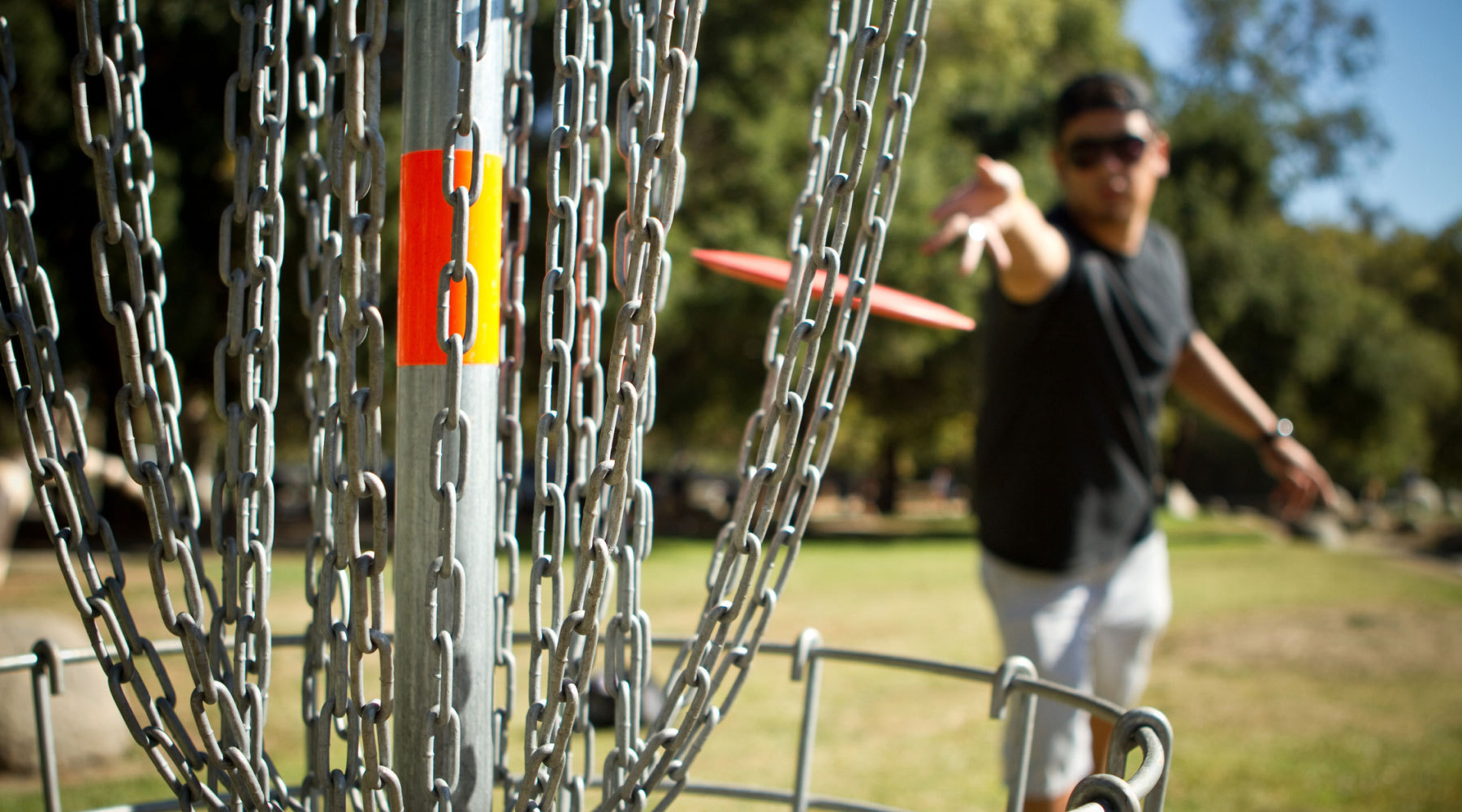
With cross-country season here, student-athletes are gearing up for long runs on various terrains, from pavement to trails. While running offers numerous benefits for cardiovascular health and endurance, it also comes with the risk of injury, especially for young athletes pushing their limits. By taking the right precautions, athletes can enjoy a successful season without being sidelined by common running-related injuries.
Be Mindful of Trail Running Hazards
Trail running presents unique challenges compared to running on a track or pavement. While the natural scenery can be refreshing, uneven terrain, tree roots, and loose rocks can pose significant injury risks. It’s crucial to remain vigilant and adjust your pace when navigating tricky sections. Here are a few tips to keep in mind when hitting the trails:
- Watch Your Footing: Stay alert to avoid tripping on hidden roots or stones. Even a slight misstep can lead to sprains or strains.
- Adjust for Elevation: Be cautious when running up or down steep hills. Running uphill can strain your calves and Achilles tendons, while downhill running increases the impact on your knees and quads
- Balance: Maintain a strong core to help with balance and stability on uneven ground, reducing the likelihood of falls.
The Importance of Proper Shoes to Avoid Injury
Whether you’re running on pavement, track, or trail, the right pair of shoes is your first line of defense against injury. Cross-country athletes need shoes that not only fit well but also provide ample support for their specific foot type. Here’s what to consider when choosing the perfect pair:
- Arch Support: Athletes with flat feet or high arches are more susceptible to overuse injuries like shin splints and plantar fasciitis. Look for shoes with good arch support to alleviate pressure on the feet and distribute impact evenly.
- Cushioning and Shock Absorption: Running on hard surfaces can cause a significant impact on your joints. Shoes with adequate cushioning help absorb shock and reduce stress on your knees and ankles, especially during long-distance runs.
- Trail-Specific Shoes: If you’re primarily running on trails, invest in a pair of trail running shoes with a more aggressive tread pattern for better grip and stability on uneven surfaces.
Ankle, Knee, and Other Supports
Running is a repetitive motion that places stress on key joints, particularly the ankles and knees. To help prevent overuse injuries and support these vulnerable areas, consider the following:
- Ankle Support: For athletes prone to rolling their ankles, wearing ankle braces or taping the ankle can provide added stability, especially on uneven trails. Strengthening exercises, like calf raises and ankle rotations, can also improve stability.
- Knee Braces: If you have a history of knee pain or discomfort, consider wearing a lightweight knee brace for added support during your runs. Strengthening your quads, hamstrings, and glutes will also help protect your knees by stabilizing the joint.
- Compression Gear: Wearing compression sleeves or socks can improve circulation and reduce swelling in your calves and shins, helping to prevent shin splints and muscle fatigue.
Strength and Flexibility: Your Injury Prevention Powerhouses
Incorporating a strength and flexibility routine into your training can significantly reduce the risk of injury. Focus on building strength in your core, hips, and lower legs to improve running form and reduce stress on your joints. Adding dynamic stretches before running and static stretches afterward can also increase flexibility and help prevent muscle strains.
Listen to Your Body
Finally, one of the most important tips for injury prevention is to listen to your body. Pushing through pain may seem like the way to toughen up, but ignoring early warning signs can turn minor discomfort into a season-ending injury. If you feel persistent pain or discomfort while running, don’t hesitate to consult a healthcare professional, such as the team at Access Sports Medicine, who can help diagnose and treat any issues before they become serious.
Personalized Injury Prevention Strategies
Start your season on the right foot by prioritizing injury prevention. For personalized advice and support, book a consultation with Access Sports Medicine today and ensure that you’re prepared to tackle the cross-country trails safely and effectively.


